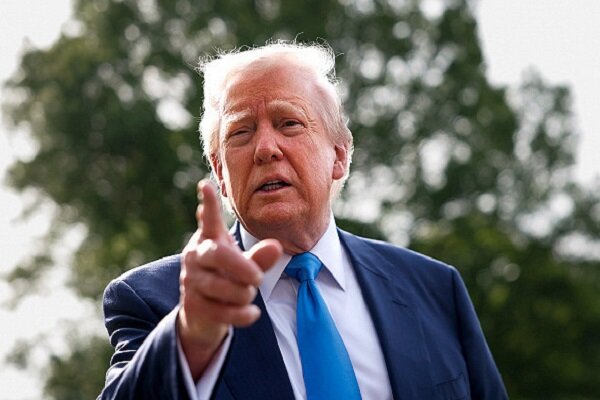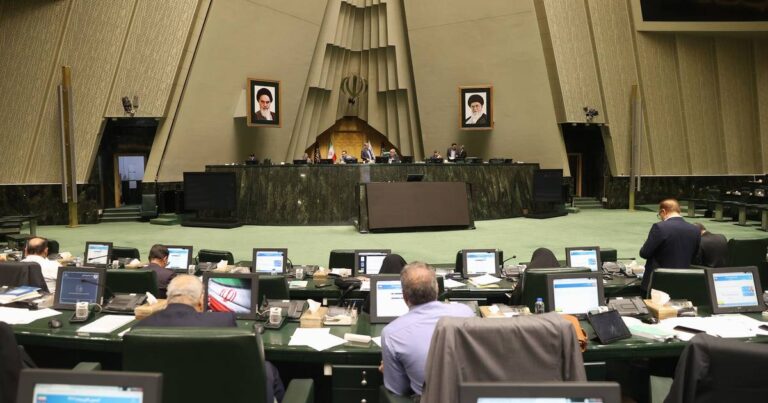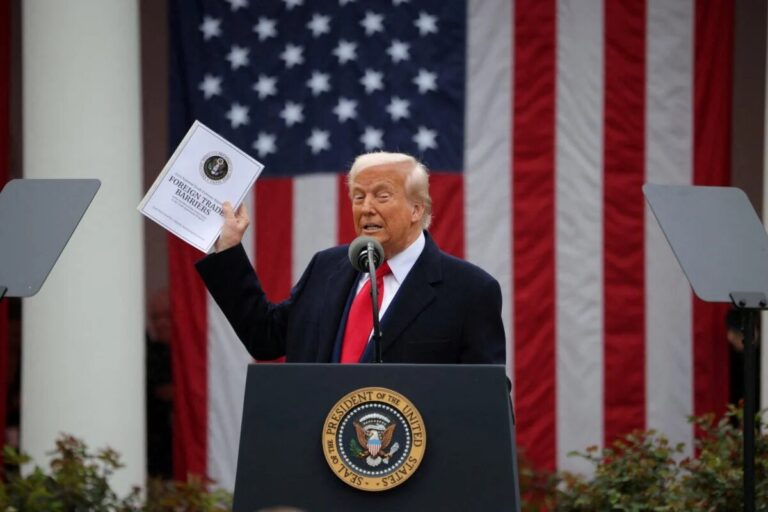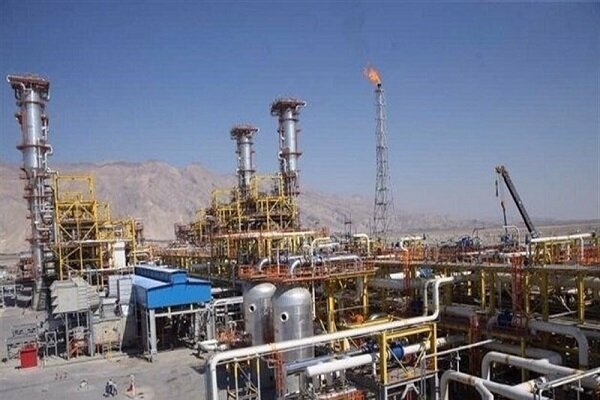Trump Warns: Looming Recession Threatens U.S. Economy Soon!
In the current economic climate, discussions regarding the potential for a recession in the United States have become increasingly relevant. Recently, President Donald Trump expressed optimism about the strength of the U.S. economy, stating, “Anything can happen, but I think we’re going to have the greatest economy in the history of our country.”
During a recent interview, Trump emphasized that the nation is currently in a transition period and expressed confidence in America’s economic future, saying, “This is a transition period. I think we’re going to do fantastically,” as reported by TASS.
However, contrasting viewpoints have emerged from prominent economic figures. For instance, former U.S. Treasury Secretary Janet Yellen shared her concerns in an interview with the Financial Times. She suggested that the U.S. could be heading toward a recession, largely attributing this risk to Trump’s tariffs. Yellen pointed out that the U.S. economy relies heavily on crucial minerals imported from China, and the imposition of tariffs on Chinese goods could significantly impact multiple sectors within the U.S. economy.
Overview of Tariffs Imposed by the Trump Administration
On April 2, President Trump announced that tariffs would be imposed on a total of 185 countries and territories. Some key details regarding these tariffs include:
- China Tariffs: Tariffs on Chinese imports reached an unprecedented rate of 145%.
- Retaliatory Measures: In response, Beijing increased its tariffs on U.S. exports to 125%, effective April 12.
- Widespread Impact: The tariffs affect a wide range of goods, potentially altering trade dynamics and economic stability.
The implications of these tariffs extend beyond immediate financial impacts; they have the potential to disrupt supply chains, increase consumer prices, and lead to job losses in affected industries. This has led many economists to question the sustainability of such aggressive trade policies.
Potential Consequences of Tariffs
Experts warn that the tariffs could lead to several negative outcomes for the U.S. economy, including:
- Increased Costs for Consumers: As companies face higher costs due to tariffs, these expenses may be passed on to consumers, leading to higher prices for everyday goods.
- Disruption of Supply Chains: Many industries depend on global supply chains. Tariffs could lead to significant disruptions, impacting production and availability of products.
- Job Losses: Sectors heavily reliant on imports, such as manufacturing and technology, could face layoffs as companies struggle to cope with increased costs and reduced competitiveness.
Despite these warnings, Trump remains optimistic, arguing that the long-term benefits of reshaping trade relationships will outweigh short-term challenges. His administration has repeatedly emphasized that these tariffs are necessary to protect American jobs and industries from unfair competition.
The Broader Economic Context
As the U.S. navigates these economic challenges, it is essential to consider the broader context in which these tariffs are being implemented. Factors to consider include:
- Global Trade Relations: The tariffs have strained relations with several trading partners, leading to a more complex international trade environment.
- Economic Indicators: Key economic indicators such as GDP growth, unemployment rates, and consumer confidence will play a critical role in determining the impact of these tariffs on the overall economy.
- Political Climate: Domestic political dynamics and upcoming elections could influence economic policy decisions and the direction of U.S. trade relations.
As the situation evolves, it will be crucial for policymakers to carefully assess the effects of tariffs and make informed decisions to support economic stability. While Trump maintains that the U.S. will emerge stronger, the concerns raised by experts highlight the complexities of global trade and its impact on the American economy.
Ultimately, the future of the U.S. economy remains uncertain. With contrasting views on the implications of tariffs and the potential for a recession, stakeholders from all sectors will be closely monitoring developments in the coming months. It is clear that the decisions made today will have lasting effects on the economic landscape of the United States.






